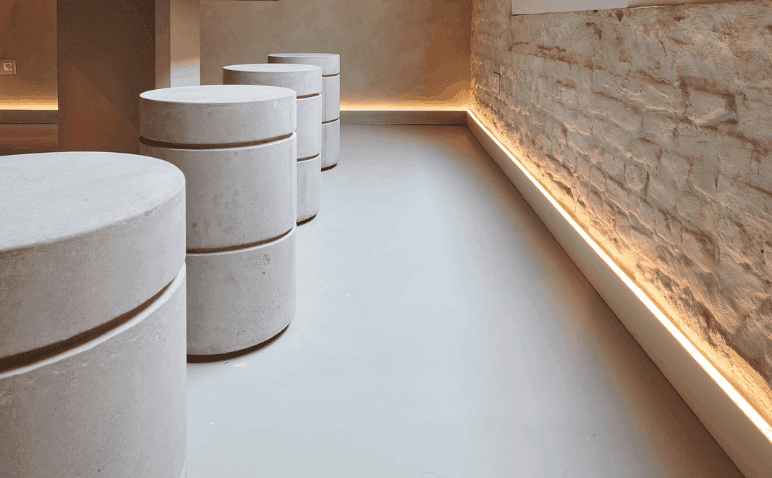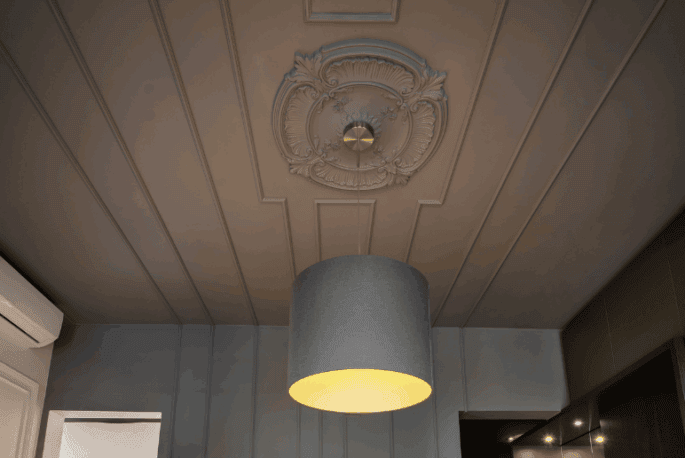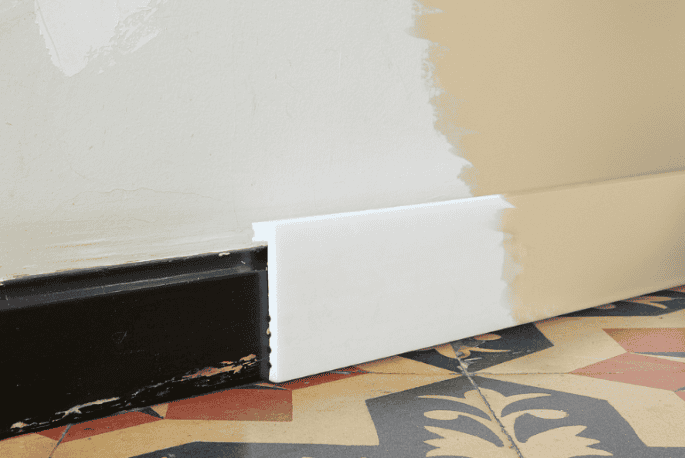What is the Purpose of a Skirting Board?

Skirting boards are one of those interior details that are so common, they’re often overlooked — yet they play a surprisingly important role in both the function and style of a room. Whether you’re renovating a period property or specifying finishes for a new build, understanding the purpose of these mouldings can help you make the right design and material choices.
Protecting Your Walls with Skirting
The most practical purpose of a skirting board is to protect the bottom edge of your walls from damage. Everyday wear and tear – from hoovers, mops, furniture, or children’s toys – can scuff or chip plaster. Skirting boards create a tough buffer zone between the floor and the wall, reducing the risk of dents and damage.
Creating a Neat Finish
Skirting boards help conceal the join between the floor and the wall, where imperfections or unevenness are common. They cover expansion gaps in timber or laminate flooring, and help create a crisp, professional looking edge that finishes a room cleanly. This is particularly important in modern homes where minimal detailing is balanced by perfect lines.
Hiding Wiring or Cabling
In many homes, especially when retrofitting, skirting boards can be used to discreetly hide low-voltage cabling, such as speaker wires or network cables. This keeps clutter off the floor and avoids the need for trunking or unsightly cable runs.
Enhancing Interior Style with Skirting
Skirting boards aren’t just functional – they’re an essential architectural feature that enhances the style of a space. Whether you prefer a sleek contemporary look or a classic period feel, skirting profiles can tie the room together and complement your other mouldings, like cornices or door architraves.
- In modern interiors, low-profile square or pencil-round skirtings offer clean lines.
- In traditional or character properties, high skirtings with stepped or ogee profiles add depth and elegance.
They’re also a perfect finishing touch when using decorative wall panelling.
Complementing Paint & Colour Schemes
Skirting boards offer a great opportunity to add contrast or cohesion through colour. Painting skirtings in a darker tone than the walls can ground a space and add drama. Alternatively, painting them the same colour as the wall can create a seamless, minimalist effect – a trend that’s especially popular in modern British homes. Check out this article on the current colour trends!
Available in Lightweight, Easy-to-Fit Materials
Modern skirting boards made from lightweight polymers offer excellent durability, are resistant to swelling or cracking, and are far easier to fit than traditional timber or MDF. They’re ideal for both new developments and refurbishments, especially where time and ease of installation matter.
Final Thoughts on Skirting Boards
So, what is the purpose of a skirting board? Quite simply: it’s the perfect blend of protection, practicality and decorative polish. From covering floor joins to enhancing your overall interior scheme, skirting boards are an essential detail that deserves careful consideration.
Interested in upgrading your interior?
Explore our lightweight skirting board range to find a style that fits your project – easy to fit, elegant, and built to last.


